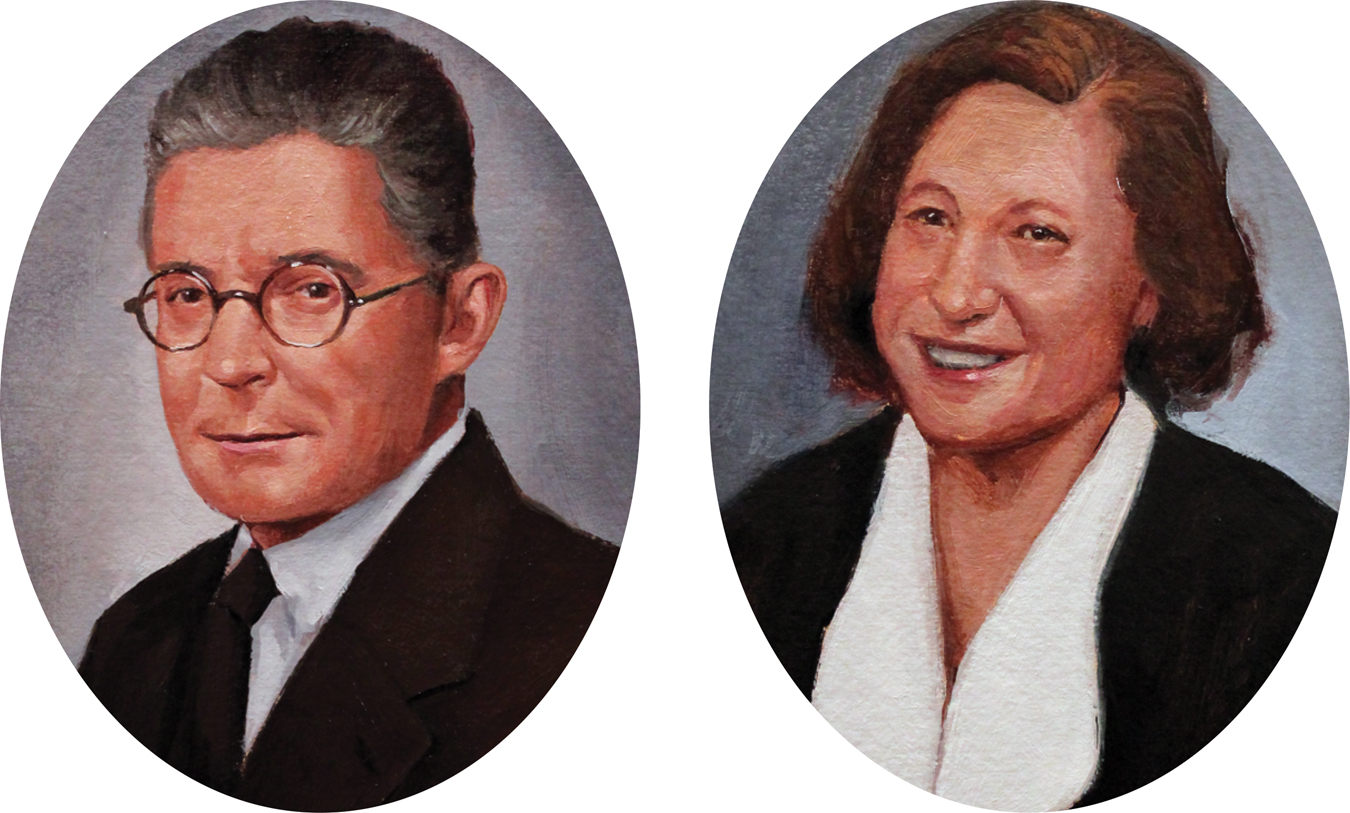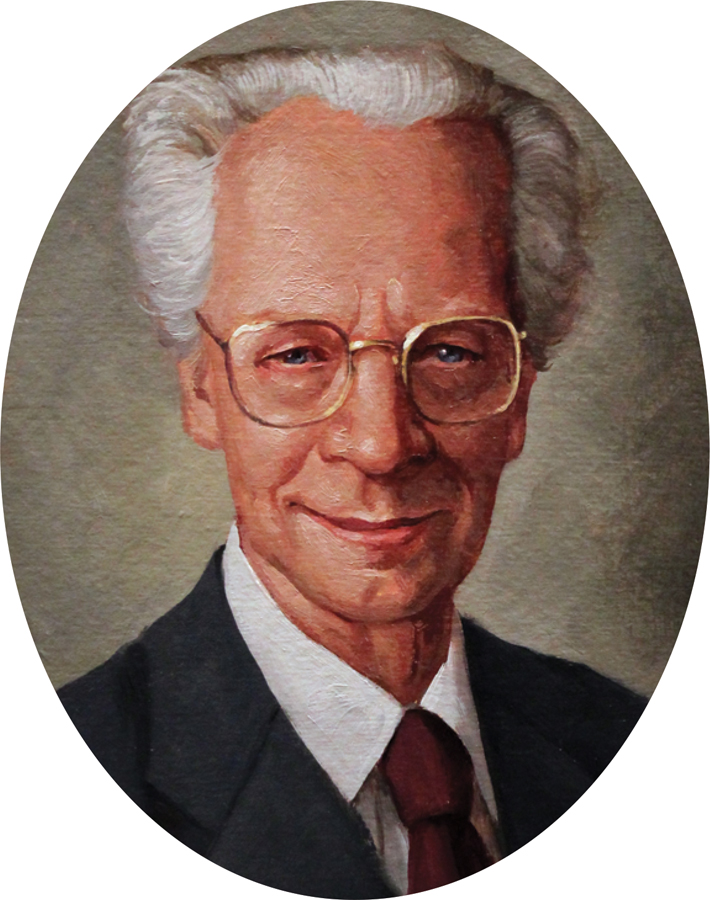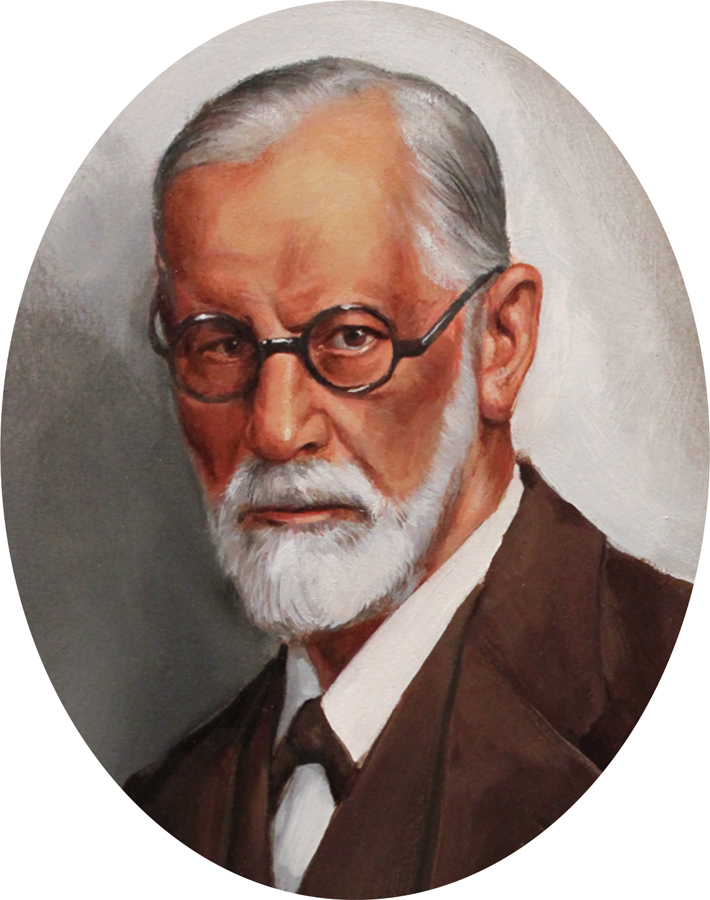1.2 Psychological Science Develops
1-

BehaviorismIn the field’s early days, many psychologists shared with the English essayist C. S. Lewis the view that “there is one thing, and only one in the whole universe which we know more about than we could learn from external observation.” That one thing, Lewis said, is ourselves. “We have, so to speak, inside information” (1960, pp. 18–
That definition continued until the 1920s, when the first of two provocative American psychologists appeared on the scene. John B. Watson, and later B. F. Skinner, dismissed introspection and redefined psychology as “the scientific study of observable behavior.” After all, they said, science is rooted in observation: What you cannot observe and measure, you cannot scientifically study. You cannot observe a sensation, a feeling, or a thought, but you can observe and record people’s behavior as they respond to and learn in different situations. Many agreed, and the behaviorists became one of two major forces in psychology well into the 1960s.
Freudian PsychologyThe other major force was Freudian psychology, which emphasized the ways our unconscious thought processes and our emotional responses to childhood experiences affect our behavior. (In modules to come, we’ll look more closely at Sigmund Freud’s teachings, including his theory of personality, and his views on unconscious sexual conflicts and the mind’s defenses against its own wishes and impulses.)

B. F. Skinner This leading behaviorist rejected introspection and studied how consequences shape behavior.
|

Sigmund Freud The controversial ideas of this famed personality theorist and therapist have influenced humanity’s self-
|
Humanistic PsychologyAs the behaviorists had rejected the early 1900’s definition of psychology, two other groups rejected the behaviorist definition in the 1960s. The first, the humanistic psychologists, led by Carl Rogers and Abraham Maslow, found both Freudian psychology and behaviorism too limiting. Rather than focusing on the meaning of early childhood memories or the learning of conditioned responses, the humanistic psychologists drew attention to ways that current environmental influences can nurture or limit our growth potential, and to the importance of having our needs for love and acceptance satisfied.
Cognitive RevolutionIn the 1960s, the cognitive revolution led the field back to its early interest in mental processes, such as the importance of how our mind processes and retains information. Cognitive psychology scientifically explores the ways we perceive, process, and remember information. The cognitive approach has given us new ways to understand ourselves and to treat disorders such as depression. Cognitive neuroscience was birthed by the marriage of cognitive psychology (the science of mind) and neuroscience (the science of brain). This interdisciplinary field studies the brain activity underlying mental activity.
Modern Definition of PsychologyTo encompass psychology’s concern with observable behavior and with inner thoughts and feelings, today we define psychology as the science of behavior and mental processes. Let’s unpack this definition. Behavior is anything an organism does—any action we can observe and record. Yelling, smiling, blinking, sweating, talking, and questionnaire marking are all observable behaviors. Mental processes are the internal, subjective experiences we infer from behavior—
The key word in psychology’s definition is science. Psychology is less a set of findings than a way of asking and answering questions. Our aim, then, is not merely to report results but also to show you how psychologists play their game. You will see how researchers evaluate conflicting opinions and ideas. And you will learn how all of us, whether scientists or simply curious people, can think smarter when experiencing and explaining the events of our lives.
RETRIEVAL PRACTICE
- From the 1920s through the 1960s, the two major forces in psychology were __________ and __________ psychology.
behaviorism; Freudian
- How did the cognitive revolution affect the field of psychology?
It recaptured the field’s early interest in mental processes and made them legitimate topics for scientific study.